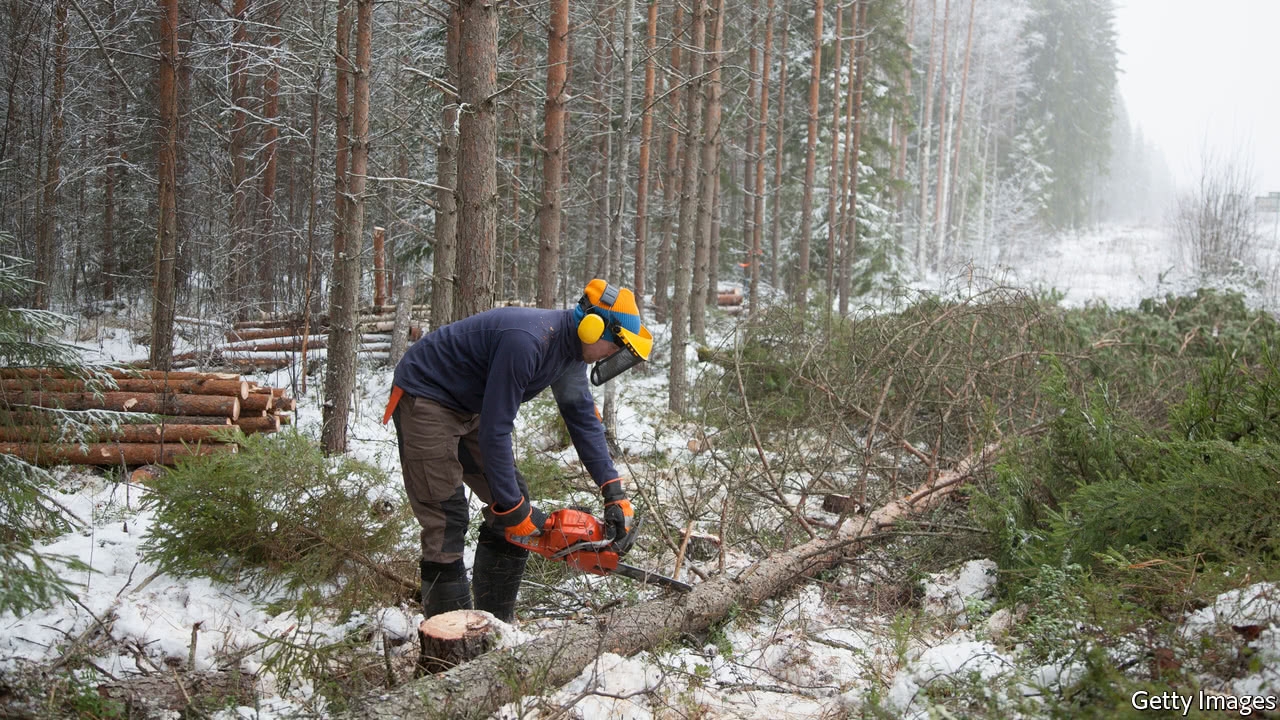The steady march of Universal Basic Income, one experiment at a time
We have supported the idea of a Universal Basic Income from the very start of The Alternative UK - see Phil Teer's manifesto - and it's encouraging to see some progress, from the wide range of experiments and prototypes that are happening globally at the moment. (Jonathan Bartley of the Green Party made an excellent UK case for it in the last GE2017.)
The Economist has just published a report from Finland on how their 2 year Basic Income experiment (not quite universal, as it's applied only to 2000 welfare recipients) is going. Pretty well, it seems, if one of the claims of UBI's advocates - that an unconditional payment at the right level actually supports people's enterprise and activity - is correct. The Economist talks to one recipient, a logger called Juha Jarvinen:
Mr Jarvinen’s luck turned in January. That is when he was picked at random from Finland’s unemployed (who total 10% of the workforce) to take part in a two-year pilot study to see how getting a basic income, rather than jobless benefits, might affect incentives in the labour market. He gets €560 ($624) a month unconditionally, so he can add to his earning without losing any of it. Not only is he active in seeking work and creating a business, he also says he is much less stressed, relieved from the “silly show” of filling out monthly forms or enduring official interviews to prove his job-seeking efforts.
Another story today is from the other side of the world - the American state of Hawaii - which has just passed a bill, in both houses of its legislature, to urge its departments to start developing a "universal basic income" strategy, where Hawaiians "deserve basic economic security". Mother Jones reports:
“As innovation and automation and inequality disrupt our economy, we want to make sure that everybody benefits and nobody is left behind,” said the author of the bill, state Rep. Chris Lee of Kaliua. “It’s past time that we had a serious talk about not just tweaking our economic policies but having a new discussion from the ground up about what our values and priorities are.”
Though Alaska has, since 1976, provided its residents with a stipend funded by oil revenues, Hawaii is the first state to formally consider the idea of offering its residents a basic income sufficient to cover living expenses. Enacted in early May, the resolution, Lee says, was motivated by Hawaii’s sky-high cost of living—the highest in the country—and its heavy reliance on low-paid service industry jobs.
The text of the measure focuses on the potential impact of job-killing technological change in Hawaii, citing factors such as the development of self-driving autonomous vehicles, automated grocery store checkout lines, e-commerce, and 3-D printers. Hawaii has a very limited manufacturing and tech sector, the lawmaker says, making the state and its service-focused economy particularly vulnerable to disruption.
“There has been a discussion for a long time about how do we build an economy where everybody can afford to live here and survive,” Lee says.


